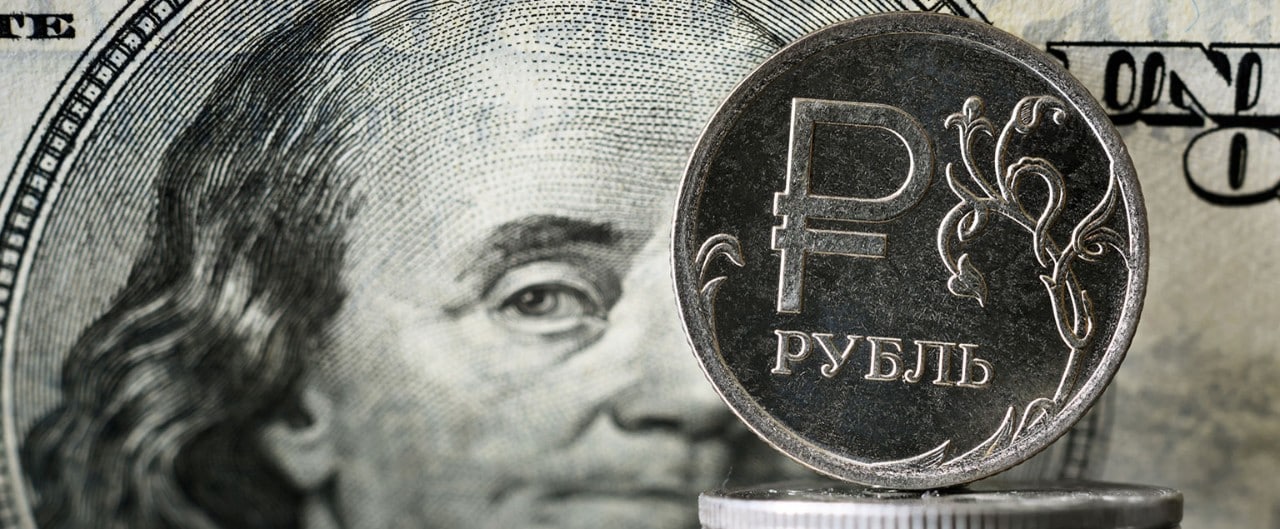

Breaking Down Geopolitics and the Global Economy
Insights from Marc Chandler, Managing Director and Chief Market Strategist, Bannockburn Global Capital Markets, a First Financial company
Q. Geopolitics is very much in the news. Can you help frame it for us?
A. Some political scientists and economists have concluded that the global economy works best when one country is strong enough and has the will to devise and enforce the international rules of engagement. Around 2012, the political scientist and founder of the political risk consultancy Eurasia Group, Ian Bremmer, coined a phrase, “G-zero” to describe the current state, a world in which there is no such hegemon.
Q. How does that relate to the current conflicts?
A. The idea is that unresolved conflicts and unaddressed grievances are coming to the fore as Pax Americana is either being overwhelmed or is pulling back. The notion that Pax Americana, the international order the U.S. was instrumental in creating, no longer works in America's interest seems to be a perspective accepted by leaders of both major parties.
Q. Some refer to the heightened state of geopolitical tensions as a new Cold War, or some have even suggested WWIII. Is this an exaggeration?
A. It does seem that there are two large blocs. The United States leads the first, with its traditional allies in North America, Europe, and Asia Pacific. China, Russia, and Iran seem to be cooperating in various ways that subvert sanctions and the norms of international conduct. However, it is too simple of a narrative. First, there are many countries, including India, Brazil, and several large Arab countries that are resisting choosing between the two camps. Even during the Cold War with the USSR, there was a non-aligned group. Second, while the “Axis” cooperate with each other, there does not seem to be coordinated efforts. Third, the direct conflict between the two blocs is minimal and, for now, both sides are trying to keep it that way.
Q. What is the biggest risk for the United States?
A. I see two main risks to U.S. global leadership: Encroachment and Abdication. By encroachment, I mean some other country replaces the U.S. player/manager of the international order. This is possible but it does not seem particularly realistic. Sure, U.S. ambitions or order could be harassed, and the United States could suffer a defeat as it did in Vietnam and Afghanistan, but it remains the most powerful country. China, thus far, has hardly been able to project its political influence outside of its own neighborhood. Instead, I would suggest the greater risk is that we abdicate, that we give up on the international order for many of the same reasons that the U.S. Senate refused to agree to America joining the League of Nations. While many of America’s most profound problems can only be solved by us, it does not mean we can discount the costly lesson learned by the Greatest Generation: America’s prosperity depends on the widest berth of freedom and prosperity around the world.
Q. We hear about de-globalization. What does it mean?
A. De-globalization refers to the slowdown and re-orientation of international trade. From semiconductor chips to the mRNA capability, many large countries do not want to be dependent on foreign countries. We may see this approach extend to the manufacture of electric vehicles, solar panels, lithium batteries. Broadly speaking, many countries have adopted what can be called “import substitution strategies.” There is a desire to make more at home or at least simplify and shorten supply chains and locate them in friendlier countries. Still, the U.S. economy remains the largest in the world and the U.S. Treasury market is the global benchmark. The U.S. economy is the strongest among the high-income countries. In 1989, when America’s Asian rival was Japan, four of the 10 largest companies (by market capitalization) were U.S.-headquartered, while other six were based in Japan. Last year, eight of the 10 were based in the United States.
Q. What can we do?
A. Do what we do well: stay focused on our knitting. Manage the risks that we can. Embrace democratization tools and insurance-like products/services that are accessible to small and medium sized businesses that previously were only used by large corporations. Create resilient organizations that can adopt to changing circumstances. Accept that the future is unknowable.
